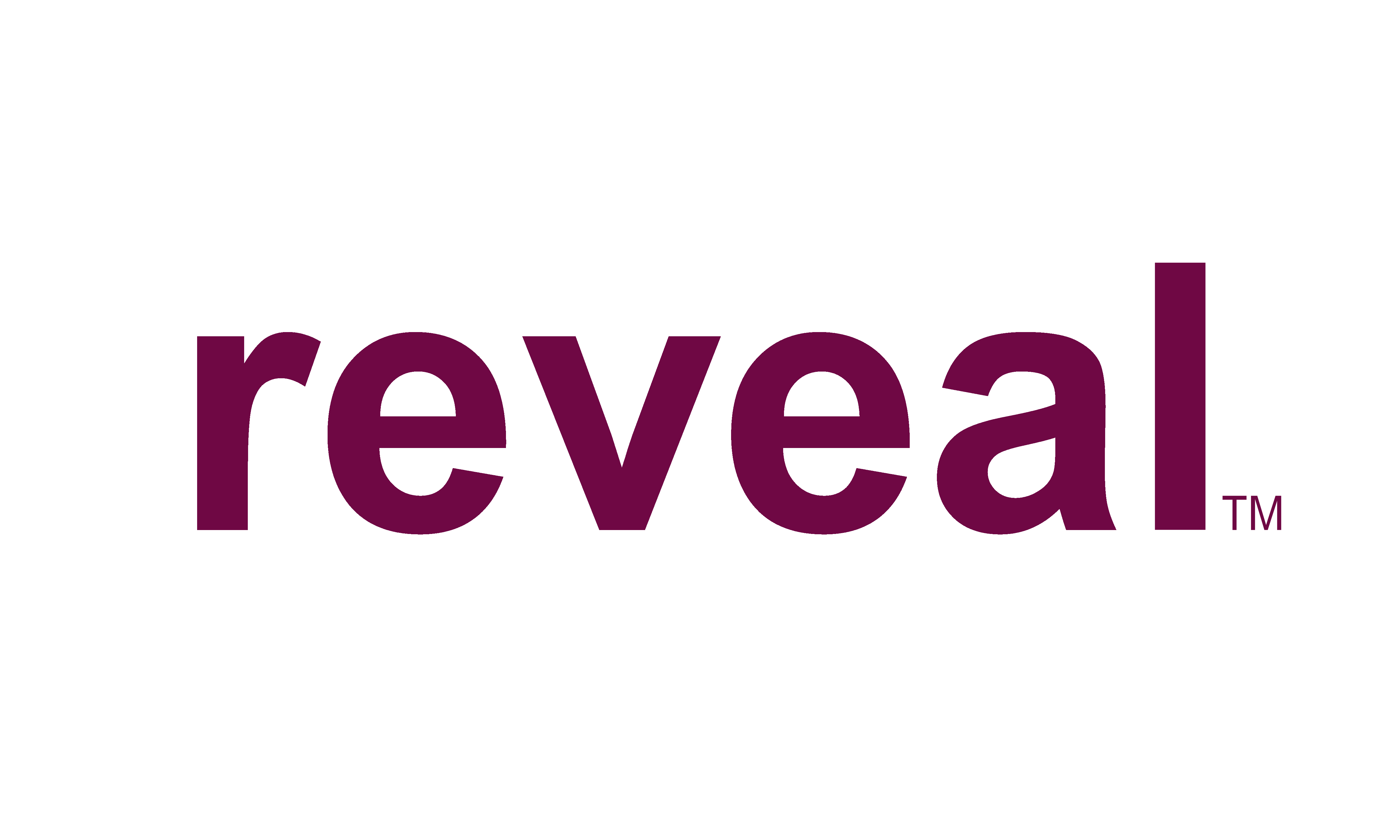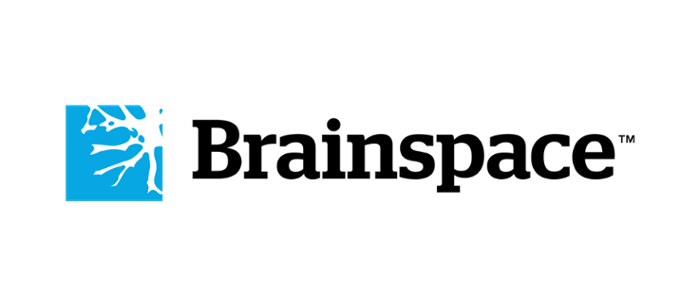On June 1, 2020, the U.S. Department of Justice (DOJ) Criminal Division revised and published an updated version of their guidance on “Evaluation of Corporate Compliance Programs”. Originally put into place a little over a year ago in April of 2019, the corporate compliance program document was intended to act as a resource for white-collar…
Verizon has released their annual 2020 Data Breach Investigations Report, which is a wealth of information accumulating over 100 pages. Even with the deep content of the data breach investigations report there are some valuable underlying messages that are worth highlighting. What you need to know: 86% of data breaches for financial gain – up…
Email threading when utilized correctly can not only dramatically save you time and cut costs. Threading also allows you to scale your process through giving you access to information that is relevant to you without having to search endless data. An email thread is a group of several emails all linked through one origin email,…
The SHIELD Act, Stop Hacks and Improve Electronic Data Security Act, which was signed in by New York’s Governor on July 25, 2019. While the data breach aspect of the law went into effect last October, the data privacy portion only became effective as of March 21, 2020.
The Harvard Caselaw Access Project brings U.S. case law to the public making it freely accessible online. Through the Caselaw Access Project API (CAPAPI) and bulk data service, CAP is able to share over 40 million pages of published U.S. court cases.
In a recent decision, NY courts ruled in favor of a large media company accused of copyright infringement after the company embedded a users Instagram picture in a article on their website after failing to get consent. It is common knowledge that when if you engage in a social media platform you are giving up a certain level of privacy and information security. But where is the line drawn, many don’t know what extent they’re coverage truly reaches.
Video-teleconferencing (VTC) have become a pivotal aspect of connectivity in wake of the COVID-19 crisis. As a result, reports of VTC hijackings have popped up nationwide. Also known as Zoom-bombing, referring to the popular VTC tool Zoom, the FBI warns the public about the increased risk of online meetings being hijacked.
Unprecedented times call for unprecedented measures. Courts have closed, businesses are working remotely and people are staying home practicing social distancing. As a result uncertainty around the status of CLE credits have been raised.
Client Log-In
Call us at
888.99.TERIS
Disclosures




